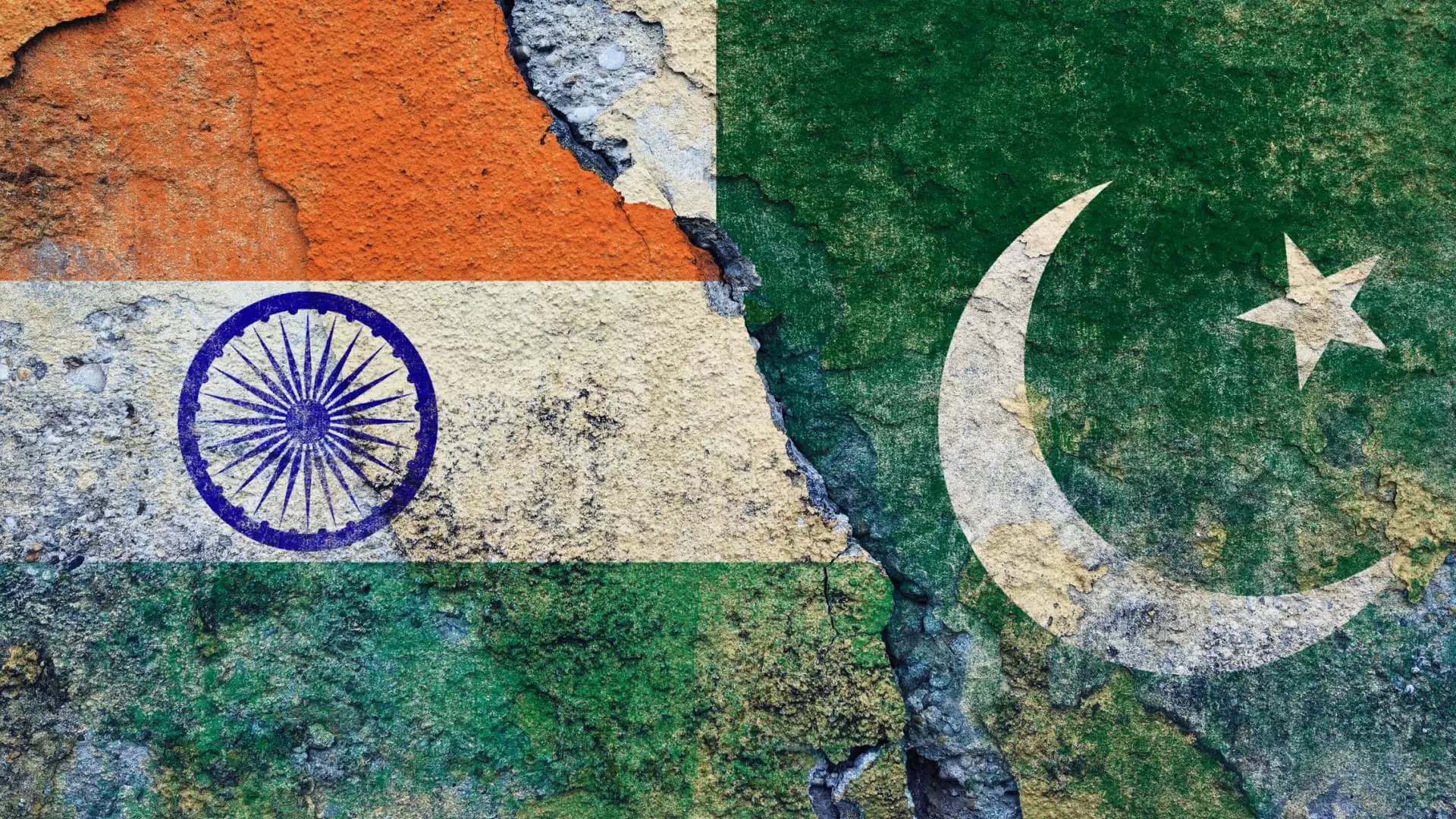The recent diplomatic efforts by Britain and the United States to establish a lasting ceasefire between India and Pakistan come at a time when the specter of war looms large over South Asia. With both nations armed with nuclear weapons, the precarious situation demands urgent attention and action. Foreign Minister David Lammy’s visit to Pakistan, aimed at solidifying the fragile peace achieved on May 10, has generated cautious optimism. However, history tells us that such hope is often short-lived when uninspired conversations fail to translate into tangible resolutions.
While Lammy’s assertion that both countries need to engage in confidence-building measures could be articulated as a diplomatic necessity, one has to question whether these dialogues are merely a façade draped over a profound distrust. The narrative has been all too familiar: military posturing, accusations, and retaliations following incidents like the recent attack on tourists in Kashmir. The international community, while playing a role in mediating tensions, must recognize that without a commitment to sincere dialogue, these efforts might crumble.
The Role of External Powers
Support from global powers is undeniably a double-edged sword. While the United States and Britain aim to facilitate a semblance of peace, the very involvement of foreign nations raises questions about sovereignty and local agency. Engagements led by the West often risk being seen as neo-colonial interventions that could fuel nationalist sentiments in both India and Pakistan. The notion that a third-party venue is needed for talks, as suggested by U.S. President Donald Trump, hints at a lack of trust that both nations have in their own dialogues. If robustness in their discussions is to be achieved, both countries must prioritize their own sovereignty and demonstrate a willingness to confront their historical grievances without the persistent gaze of global powers.
Herein lies the irony: Both nations have a long history of animosity, yet they also share common challenges such as poverty, underdevelopment, and the ever-present specter of climate change. These issues, which could thrive in cooperative efforts, are overshadowed by their mutual disdain, further complicating the path to peace. It’s crucial for both sides to engage in discussions that go beyond mere ceasefires and venture into fundamental reforms that would alleviate the pressures their populations face.
The Indus Water Treaty: A Powder Keg Waiting to Explode
Tensions escalated further with India’s recent suspension of its participation in the Indus Water Treaty, an agreement that has been a cornerstone of water rights in the region since 1960. This decision has the potential to disrupt Pakistan’s already fragile water supply, which is critical to its agriculture-reliant economy. Lammy’s call for both countries to adhere to treaty obligations rings hollow in the face of such unilateral actions. Would he—or any diplomat—be satisfied with merely urging compliance when lives and livelihoods are at stake?
In pursuing diplomatic resolutions, it is essential to recognize that the Indus Water Treaty is not just a legal agreement; it embodies the very relationship between these two nations. The disruption of such a treaty could not only escalate hostilities but could also exemplify a complete failure of diplomatic engagement. To avert humanitarian crises and mitigate the risk of conflict rooted in water scarcity, both powers must come to terms with the realities of climate change impacts that will only exacerbate tensions if not addressed collaboratively.
Counterterrorism and Regional Stability
Moreover, Lammy’s remarks about working with Pakistan to combat terrorism point towards another complex dimension of the geopolitical landscape. While terrorism is a blight that affects the region profoundly, it remains a contentious issue wrapped in layers of historical grievances and national interests. The fight against terrorism cannot be wielded offhand as a weapon to justify political motivations; instead, it should serve as a catalyst for genuine dialogue that addresses both sides’ security concerns.
Acknowledging the multifaceted nature of these challenges, there lies an opportunity to shift the existing paradigm. The political will from both India and Pakistan, bolstered by genuine international support free from ulterior motives, could reshape the narrative toward one that fosters lasting peace rather than temporary diplomacy.
In a world increasingly defined by immediate temptations to escalate conflicts, the legacy of proactive engagement will undoubtedly hinge on recognizing that our shared human experience—and the battlegrounds that emerge from it—might just break the cycle of violence… if we choose to let it.


Leave a Reply